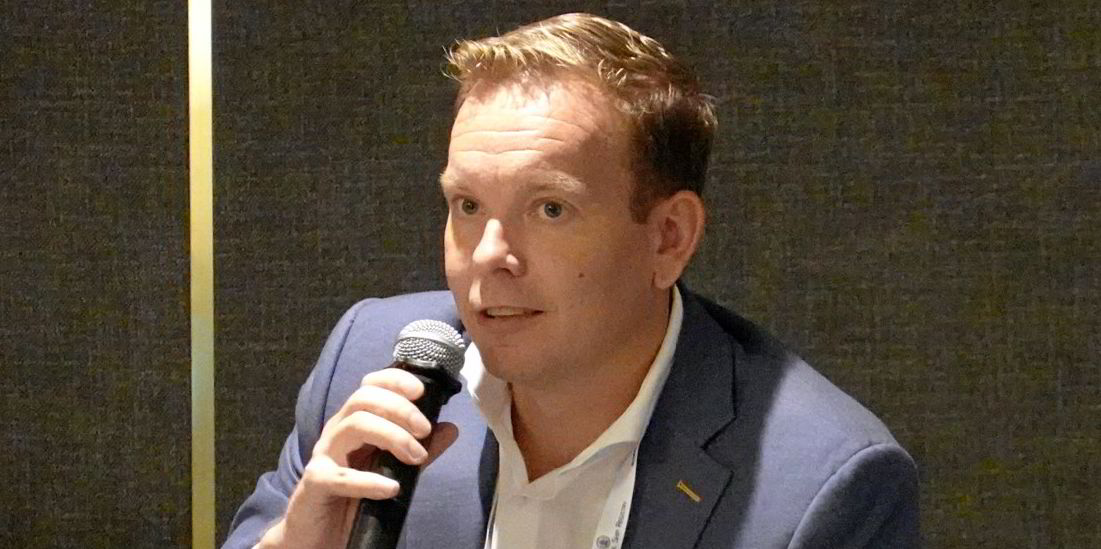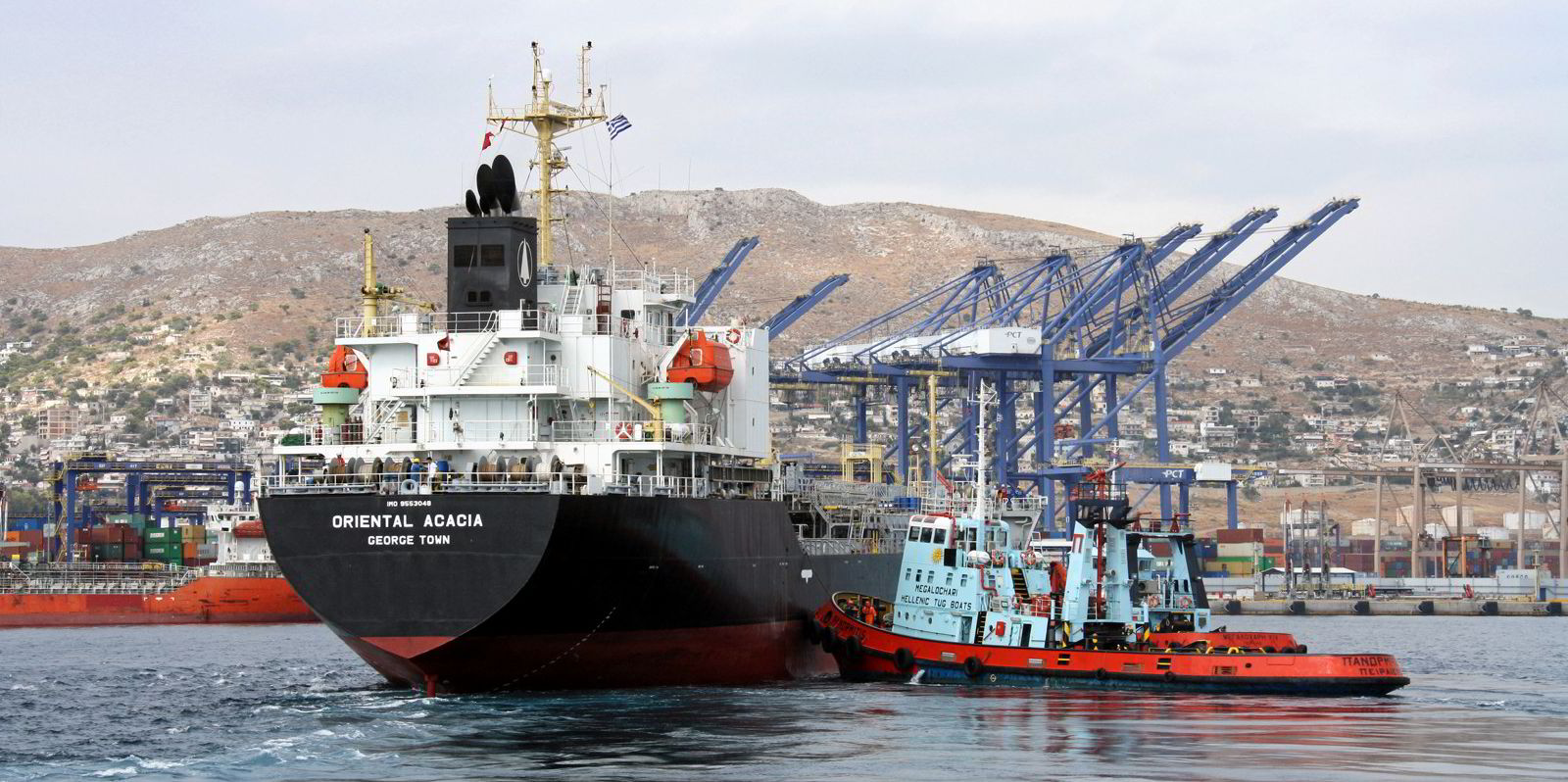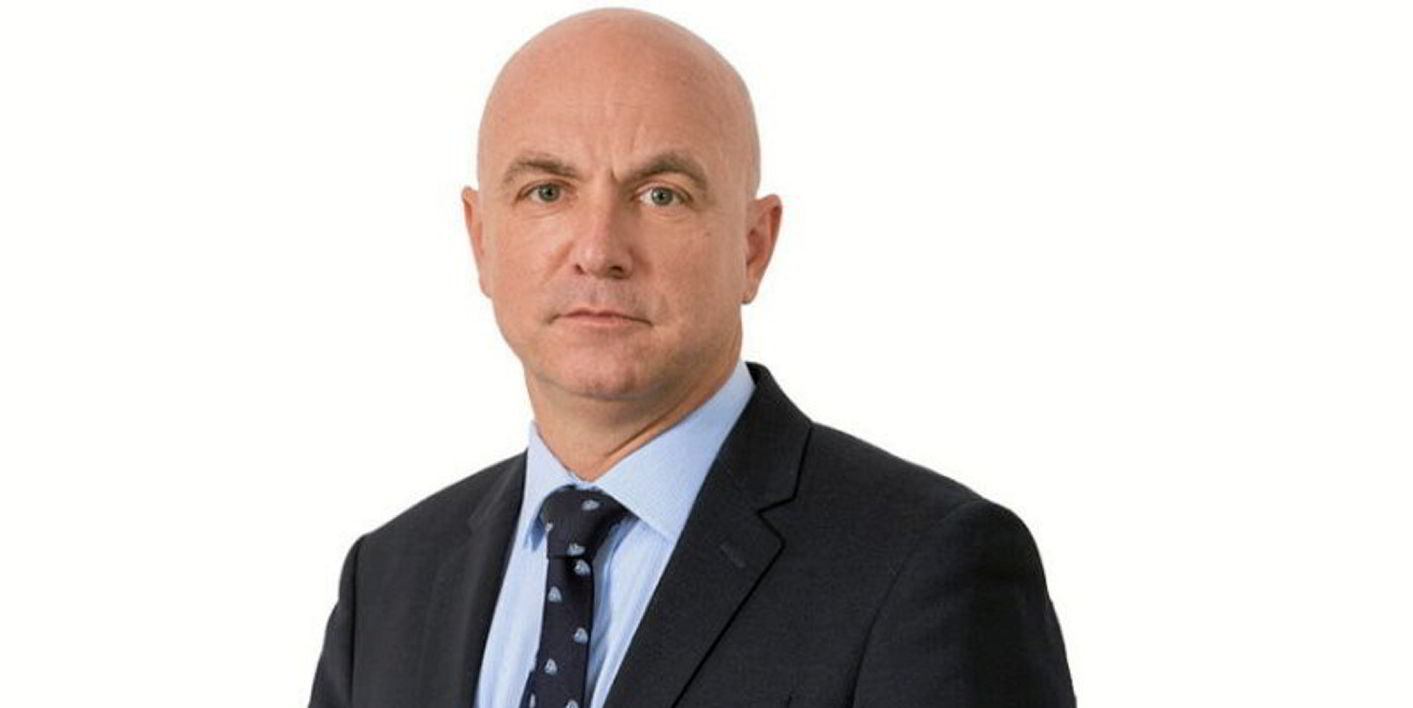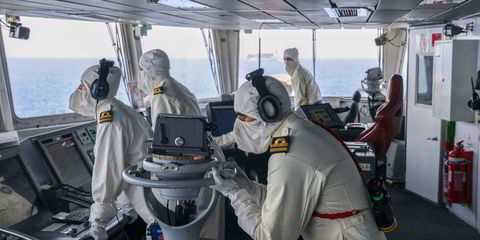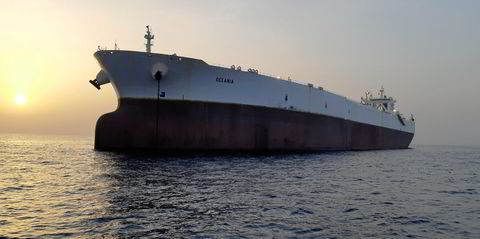Michael Jorgensen, head of dry bulk at Torvald Klaveness, believes the European Union Emissions Trading System could change how the global bulker fleet is deployed in future.
Speaking at the Xinde Marine Forum, one of many events held in conjunction with Singapore Maritime Week, he cautioned that even though his outlook on the overall market is extremely bullish, the ETS could banish older bulk carriers to the Asia-Pacific region.
The Singapore-based executive noted that while the overall orderbook is relatively high, the existing fleet is ageing, which will make a large percentage of vessels untradeable in a few years from now.
“If you take, for example, the panamax segment, 33% of the vessels are turning 15 within the next few years. That is one-third of the entire fleet that will struggle to trade internationally because the majority of the big miners, the big trading houses, they are not accepting vessels above 15 years old,” he said.
These older vessels will also be heavily affected by the ETS, most likely avoiding the EU completely, he added.
“The risk we are running in this part of the world [Asia] is that the better-performing vessels with lower consumption, or that are willing to use an alternative fuel, will all be in the Atlantic side of market, the Euro side of things, and we’ll be stuck with the older, less economical ships,” he said.
However, Jorgensen, along with other participants who joined him on the forum panel, noted that there are strong signals emanating from China and Australia that they too are looking at the possibility of implementing similar ETS schemes.
If Australia and China, two of the largest countries in Asia-Pacific for the dry bulk sector, were to introduce such schemes, it would probably spell the end for many older vessels, they said.
Overall, though, Jorgensen expressed an extremely positive view of the dry bulk market.
“You need your iron ore; you need your grain — we have a growing world population — and we’ll still be transporting coal to the developing countries in the next 10 to 15 years. So for dry bulk, things are looking good. Demand is increasing,” he said, while describing the forward order book as manageable.
He also noted that the crisis in the Red Sea is providing a short-term boost to the dry bulk market, although he lambasted shipowners who continue to send ships and crews through the Red Sea.
“For them, it is really not about human lives, it’s about how they can be as cheap as possible. But I think that with the latest developments, that will probably stop.”
